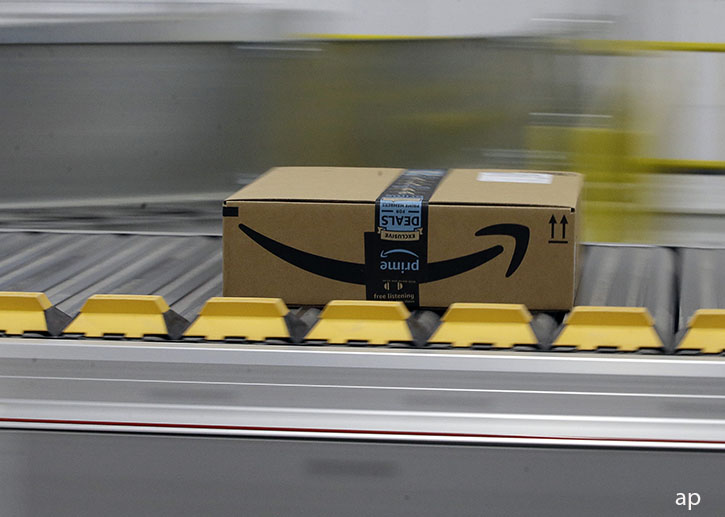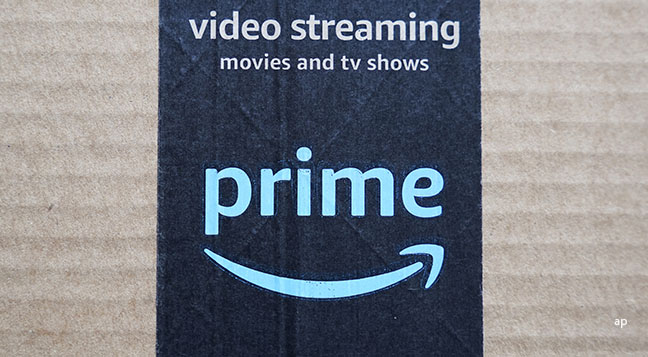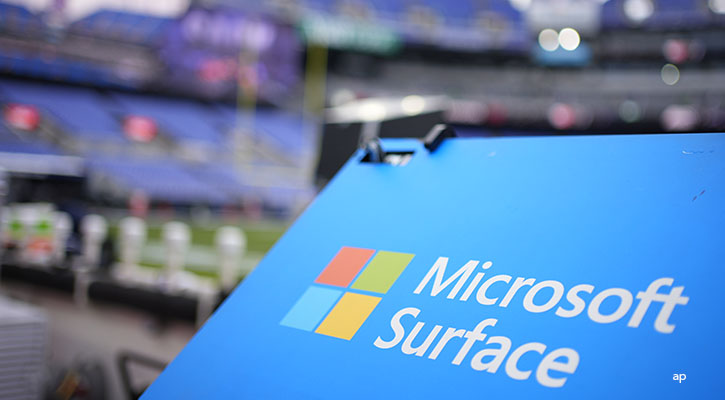
Amazon (AMZN) reported earnings on April 30, the latest of the Magnificent Seven stocks to publish Q1 numbers. Here's what our analyst thought of the update.
We are raising our fair value estimate for wide-moat Amazon to US$193 per share from US$185 previously, after it reported good first-quarter results. The company’s second-quarter outlook was shy of our aggressive estimates, while it noted plans to materially increase data center investments in 2024 to meet generative AI demand.
Changes to our model are modest but centre around continued profitability enhancements. Many positive trends from the last several quarters continued with notable improvement in AWS demand and additional cost savings arising from fulfilment and cost to serve. Strong quarterly performance has pushed the shares meaningfully higher over the last year, and as such, we see only a modest upside to our fair value for investors.
Key Morningstar Metrics for Amazon
• Fair Value Estimate: US$193
• Morningstar Rating: 3 stars
• Morningstar Economic Moat Rating: Wide
• Morningstar Uncertainty Rating: High
AWS and Advertising Growth
Overall demand continues to trend favourably across business units. First-quarter revenue grew 13% year-over-year as reported and 13% in constant currency and came in at US$143.3 billion, compared with the high end of guidance at US$143.5 billion. Relative to our estimates, most of the upside was derived from online stores, advertising, and Amazon Web Services while physical stores, third-party seller services, subscriptions, and other were generally in line. The two key segments, AWS and advertising, increased 17% and 24%, as reported, respectively, over the year-ago period. Amazon’s advertising growth has bested its large internet peers over the last year or so, while AWS’ growth accelerated both year over year and sequentially.
Margins remain a bright spot, and we continue to believe there is room for expansion. First-quarter profitability was impressive, with operating profit at a best-ever US$15.3 billion, compared with the high end of guidance at US$12.0 billion. This resulted in an operating margin of 10.7%, compared with 3.7% a year ago. Even the international business generated positive operating profits for the first time in more than two years, which bodes well for the long term.
Amazon Improves Delivery Speed
On the retail side, Amazon has focused on the overall customer experience by expanding its selection and improving delivery speed. These factors continue to drive order frequency and ticket sizes up for prime members. Management noted that increased delivery speed does not mean higher costs, which is a common misconception among investors. The company confirmed that consumers continue to trade down and seek deals when possible, which has been our working assumption given the macro environment. From a retail sales perspective, revenue from online stores increased 7%, physical stores increased 6%, third party increased 16%, and subscription services increased 11% (all year over year, as reported). Paid unit growth accelerated to 12% year over year.
AWS has transitioned from stabilization to growth, with AI contributing meaningfully. Management believes the optimisation efforts it saw within AWS throughout 2023 have fully waned, and the customer emphasis has shifted back to modernising workloads. This marks a return to prepandemic workload migration that the company characterised as low-hanging fruit, as most use cases remain on-premises. Amazon has already achieved a multibillion revenue run rate from generative artificial intelligence as clients are signing larger and longer-term commitments. Much of this commentary is consistent with recent remarks from Microsoft regarding its Azure business, and we think it bodes well for growth over the next couple of years. AWS revenue accelerated to 17% year-over-year growth to US$25.0 billion, compared with 13% growth last quarter and 16% a year ago.
Generative AI on Amazon’s Side
We believe Amazon is well-positioned in generative AI and should benefit as the technology adoption gains steam. Management believes generative AI can add tens of billions of dollars to revenue over the next several years and announced various new AI-related solutions and services, including Q, a generative AI-powered assistant for software development. On AWS overall, we think the migration to the public cloud is an enormous opportunity and remains in the early stages of evolution, with AWS being the clear leader. Based on strong AI demand, Amazon plans to step up capital investments in data center capacity in 2024, with capital expenditures in the quarter of US$14.9 billion expected to be the low point for the year, which is generally consistent with what we were anticipating.
In our view, Amazon’s profitability improvements have been remarkable, and we continue to think there is room for further improvements. In retail, the regional hub model has yielded both cost savings and improved delivery speeds. Management has already identified improvements that can be made to the regional hubs, even as it continues to attack other margin improvement vectors. We also note that more immediately, shipping rates, fuel prices, and a more rational labor environment contributed to margin upside in the quarter. Strength in high-margin advertising was also a margin tailwind and should remain so in 2024 and beyond as ads make their way into Amazon’s streaming portfolio.
While slightly below our estimates, we are not concerned about Amazon’s second-quarter guidance and ultimately see no divergence from our long-term thinking. The firm’s second-quarter outlook includes revenue of US$144.0 billion to US$148.0 billion and operating income of US$10.0 billion to US$14.0 billion. These are shy of our estimates. However, our annual estimates were slightly below FactSet consensus figures, leaving the difference mostly immaterial. After allowing for an upside in the quarter and smoothing various expense lines over the next year or so, we raised our fair value estimate modestly. We see a path to continuous margin improvement over time, even if these gains do not come in a linear fashion.





















